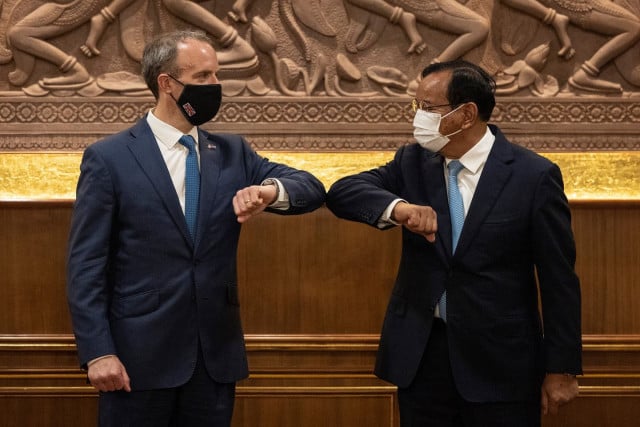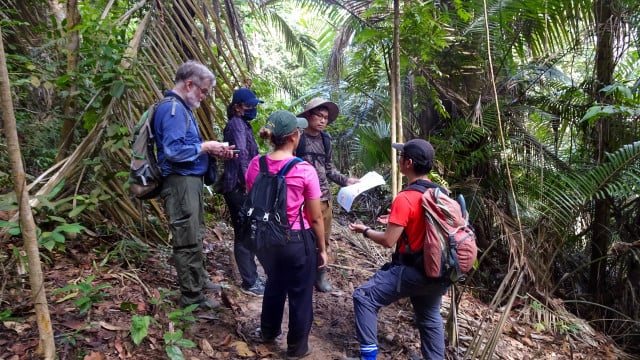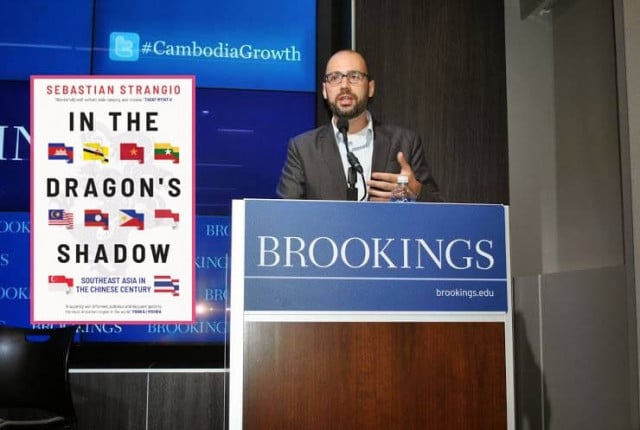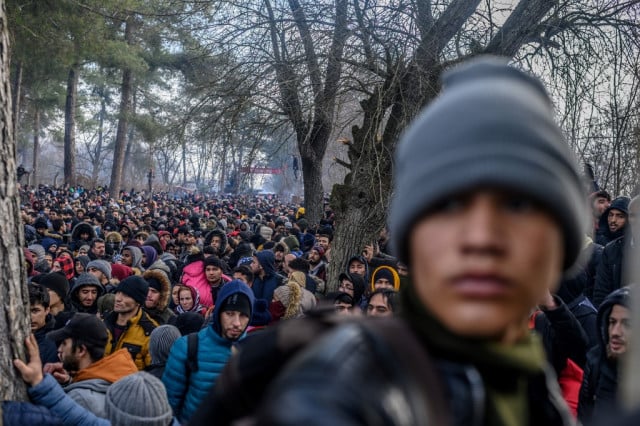UK Looks to Cambodia to Smooth ASEAN Link

- By Sao Phal Niseiy
- June 24, 2021 8:16 PM
Foreign minister rules out Cold War thinking
PHNOM PENH--British Foreign Secretary Dominic Raab says he is confident that Cambodia’s ASEAN chairmanship next year will further pave the way for the UK to engage deeply with the region.
However, the task of chairing the Association of the Southeast Asian Nations is expected to be tough with the need to navigate the group through daunting issues from South China Sea disputes to the Myanmar crisis and tackling regional problems driven by Covid-19.
The chair will also need to ensure unity amid the changing geopolitical environment and increasing competition between major powers.
In an exclusive interview with Cambodianess, Raab, who visited Cambodia from June 22 to 23, said the UK is willing to provide any support Cambodia needs to ensure that its ASEAN leadership is successful.
“We don’t come here telling other people what to do, and I am here to know what the Cambodian government needs and they’re the best representative of the Cambodian people to tell us,” he said.
“So, where there is a friend, we will look sympathetically at any request for support and give advice on anything on which is it sought.”
Asked if he anticipates the UK being admitted as the 11th dialogue partner of ASEAN when Cambodia chairs the grouping, he said he is confident but his country will keep doing more to ensure it happens.
“I am really hopeful. And Cambodia has been very supportive of our dialogue partner application. We think the signal from the ASEAN leaders that they welcome us is a good sign,” Raab said. “But we never take anything for granted.”
Actually, the group has already accepted the UK’s application to become its 11th dialogue partner after it officially applied last November. But still the final decision is expected to be made later this year under Brunei’s ASEAN chairmanship.
UK not embracing Cold War foreign policy
Following the exit from the European Union (EU), UK foreign policy has shifted towards the Indo-Pacific region by expanding its role and influence through “the Global Britain” strategy.
One of its priorities is to re-engage with the Southeast Asian region amid the rise of China.
Raab’s official visit to Cambodia, which was a part of a regional tour to three Southeast Asian countries taking in Vietnam and Singapore, also demonstrates the UK’s increasing focus on the region.
Speaking of the UK’s engagement with the region, Raab said that as a major power the UK doesn’t seek to promote the Cold War era foreign policy.
“What most interesting for me is I don’t think the old paradigm of foreign policy around the Cold War is fit for purpose and we are not looking for that. I don’t think most countries are.”
“Indeed, the old West needs to look for broader alliances and a broader coalition of like-minded countries, he said without elaborating.
To boost ties, he said the UK government has also been prioritizing the partnership with the region and is open to taking opinions from ASEAN friends on exploring areas of further cooperation.
For example, in the recent Group of Seven (G7) summit, the UK with its current presidency invited not just three Indo Pacific countries – India, the Republic of Korea and Australia – but also the current chair of ASEAN.
“We will have the second G-7 foreign minister meeting later this year, and I am taking opinions from ASEAN foreign ministers on whether we should invite all ASEAN foreign ministers,” Raab said.















